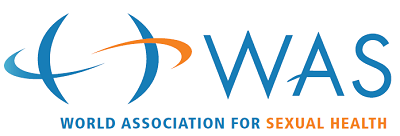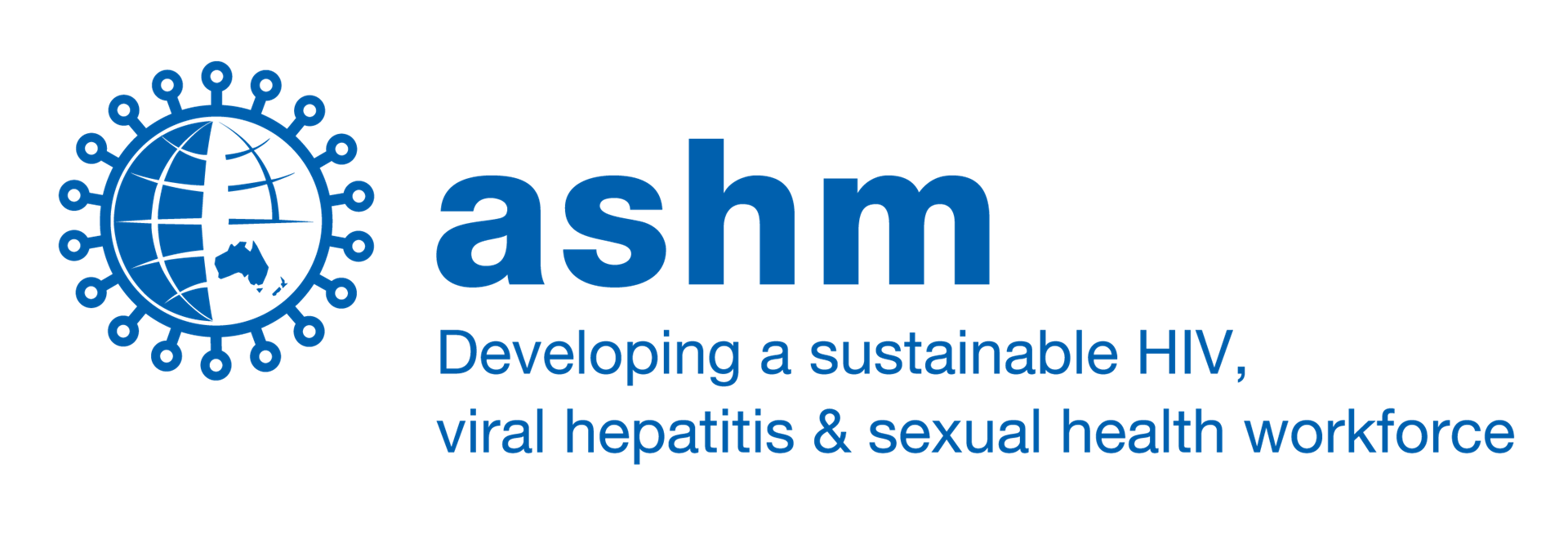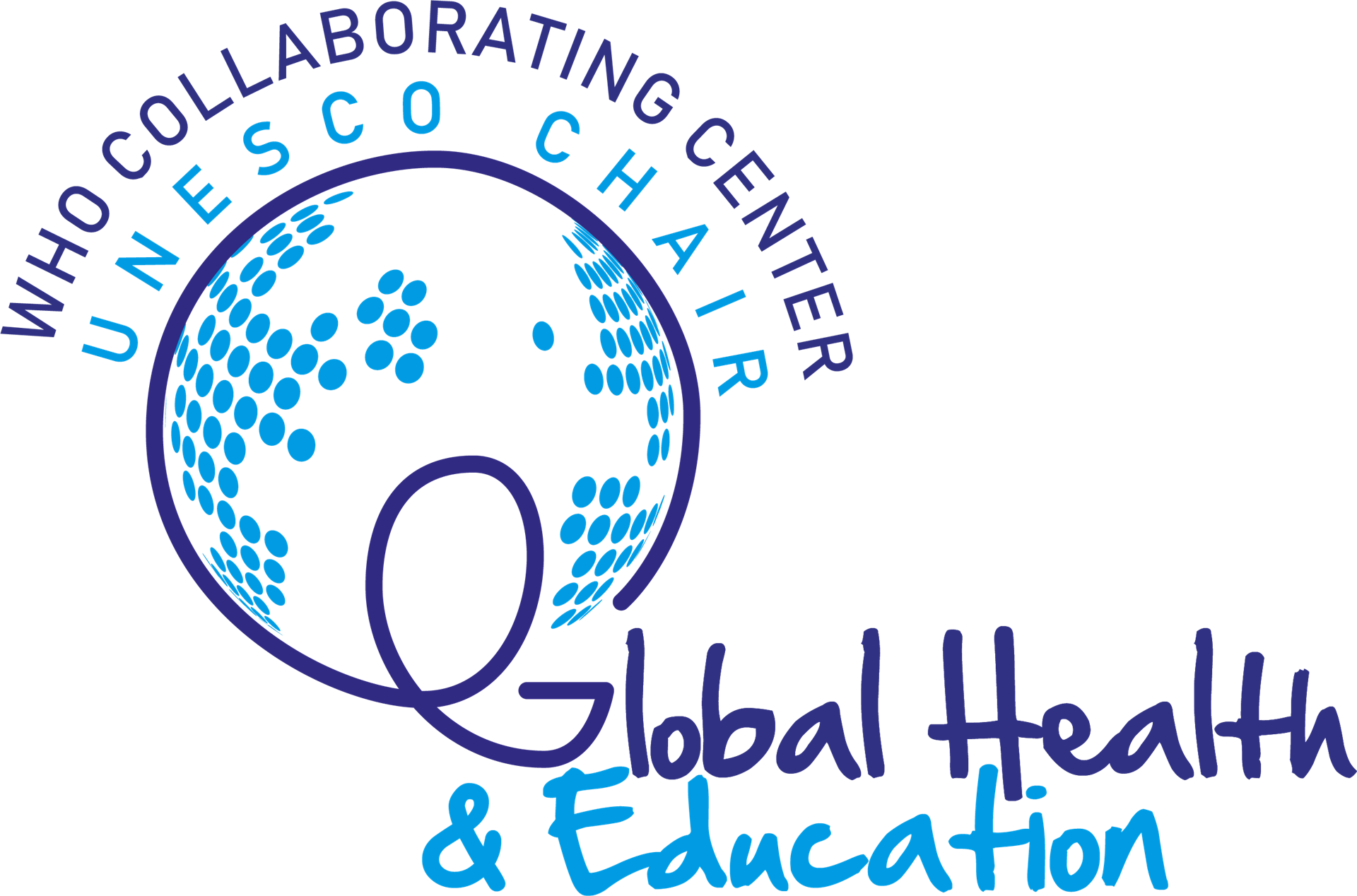
SAS VIC/TAS would like to invite you to our first PD for the year on Monday 5th February at 7:00pm AEDT
Hanna Hosking presents - Unveiling the Power Of Lube; Quality Matters
Evidence of lubricants as sexual aids have been dated back to 600BC. Yet when K-Y Jelly became available and discovered for its other applications in the bedroom, in 1917, it quickly became a prescription only product for married couples until 1980. It wasn’t until the 1990’s that using lubricant to aid sexual pleasure became mainstream, meaning that although lubricant products have been around for a long time, it’s only been more widely used in the last 30 years.
Although research and advances in the lubricant market have made current products much safer than their predecessors, the question remains; is what I’m using safe for my longevity and health?
In 2012, the WHO released an advisory note on the dangers of using lubricants with high osmolality. Osmolality measures the concentration of all the particles that can be dissolved in bodily fluids, noting that an osmolality of 270-380 mOsm/kg is preferred for sperm mobility, however, the WHO has recommended up to 1200 mOsm/kg.
Studies using lubricants with high osmolality have shown to create micro tears in the epithelium layers, creating an environment that increases the risk of STI’s & HIV, can draw moisture out of cells within the body, is associated with cytotoxicity, and can impede sperm immobility. Many over the counter lubricants, not only exceed the WHO’s recommendation, but can be up to 10,000 mOsm/kg.
Further, many over the counter, mainstream, brands of lubricant are not pH balanced for the vagina or anus, contain glycols, petro-chemicals, parabens, and glycerine. These ingredients have been linked to endocrine disruption, increase the risk of thrush infections or STI’s, and increased cancer risk.
My talk on lubricants will inform the audience on the history, as well as the current risks around using lubricants with potentially harmful ingredients, an overview of the lubricants in the market that meet the WHO’s recommendations for Sexologists to be able to recommend to their clients, and some insights into how to use lubricants for better pleasure results.
Hanna Hosking (she/her) holds a Masters Sexology, Curtin. She works in the corporate field, currently, and is a co-lead of a Pride Committee, board member of an LGBTQ+ NGO, and sexology ambassador to Drip - sexual wellness.
She has run workshops on consensual, and sensual platonic touch to promote the importance of non-sexual physical touch for connection. She is undertaking qualifications in Counselling, with the ambition of becoming a psychosexual therapist.
Having completed her placement at Drip, she began researching the importance of ingredients in lubricant, and the best ways to use them for better and more pleasurable sexual experiences.
She is passionate about safe sexual pleasure, consent, and education.




